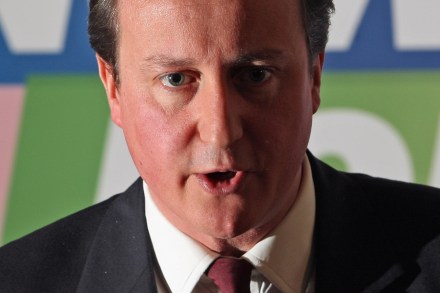Can you ever beat insurgents?
Counter-insurgency is a complicated thing. It used to be easy to tell whether you were winning a war. Either the enemy was retreating or you were. In counter-insurgency, things are more blurred. Some say you are winning if the insurgents take on asymmetric techniques – road-side bombings, assassinations, suicide bombings. Others argue that counter-insurgency has no “victory”, only containment. Perhaps you win so long as domestic opposition to a war (a normal, perhaps even constant, phenomenon nowadays) does not translate into effective political action i.e. street violence, civil disobedience or just the rout of war-making governments. If people care enough about an issue they will act, as in Iceland and














